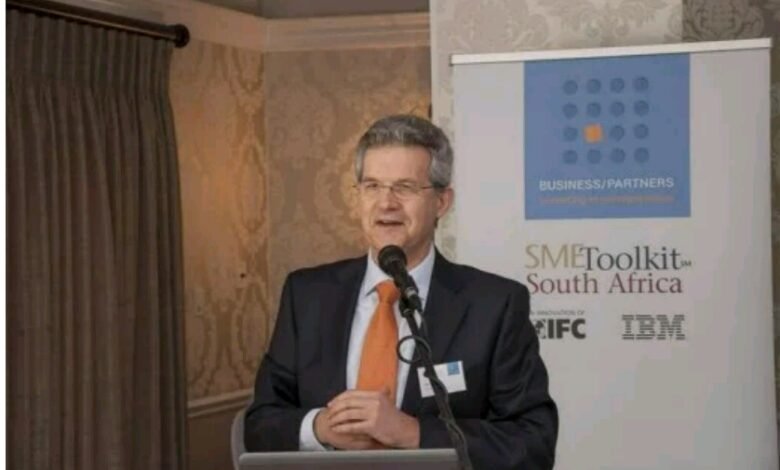South African entrepreneurs brace for profitable 2017

Emerging South African entrepreneurs, just like most African entrepreneurs, endured a very frustrating 2016 as turbulent economic times spread across the continent. May they brace for profitable 2017.
The South African economy took a backward knock that was mainly headlined by political and higher education instability. 2016 saw the local currency hit a 15 year low against the United States Dollar and the crunch was heavily felt by entrepreneurs. Still, 2017 seems to be better for South African markets.
IMF forecasts low growth in South Africa
In the latest World Economic Outlook report, the International Monetary Fund (IMF), has predicted that South Africa’s GDP will only grow marginally at 0.8% in 2017. This is a sharp contrast to the government’s 2% projected growth.
The report suggests that policy uncertainty in the country complicates the adjustment to weaker terms of trade. It also stresses how spiraling unemployment figures and political risks are obstacle keys to growth.
“A comprehensive structural reform package that fosters greater product market competition, more inclusive labor market policies and industrial relations, and improved education and training, as well as reducing infrastructure gaps is critical to boost growth, create more jobs, and reduce inequality.”
Local economists have, however, forecast growth to safely be at 1%. Meanwhile, the South Africa Reserve Bank has forecast growth to be at 1.1% in 2017. The Reserve Bank also did not increase the interest rate leaving it at 10.5%.
Entrepreneurs not afraid of predicted slow growth
Christo Botes from Business Partners, who is also the spokesperson for the Sanlam 2017 Entrepreneur of the Year competition, said despite the trying environment, most sectors have the potential for entrepreneurs to capitalize on.
He professed that in 2017 there would leaps of growth in key economic sectors that include communication, technology and education: “Some sectors such as tourism are traditionally known to perform well in South Africa. But this year, there are vast opportunities that are being identified in other unexplored sectors which show ample entrepreneurial potential.”
Botes also pointed out that the telecommunication industry is thriving largely to the ongoing fiber rollout and the growing uptake of band with intensive applications. South African consumers have embraced bandwidth advancements which have opened up a host of opportunities for entrepreneurs in the telecommunications sector.
“The sharp surge of bandwidth speed has witnessed the integration of technology, communication and entertainment into a whole new industry. This industry has really taken off and it represents a major growth sector.” With the pending drought that has cast a dark cloud on the agricultural sector and the price fall in the mining sector, Botes is convinced that these sectors will do well in 2017.
Word of the wise
Well known South African Olympic Gold medalist turned property investor, Ryk Neethling believes that there will be significant growth in the property market. He, who turned down a US$3.75 million offer to swim for Qatar at the Olympics, is part of the huge Val de Vie Estate Group of Companies. The company’s investment arm is a major player in the South African property market.
“More people are moving down here permanently and that kind of stream is not showing any signs of decreasing anytime soon. That is a gap that we have in the local property market hence the overseas market is not really on our radar,” said Neethling.
The past decade has seen a marginal increase in the number of those chasing private education. Out of the 26 000 schools in South Africa, only 1 600 are privately owned with a market capacity for about 1 000 set to be opened in the next few years.
“The demand for private education is on the rise. This is an area that has shown great potential for growth and profitability. The education sector is also attractive in terms of its social and economic factors. The major skills shortage that are currently being faced by our country can be tackled by private schools that offer quality education,” added Botes.
A new breed of entrepreneurs emerge
A new breed of entrepreneurs aptly known as solar-preneurs has taken South Africa by storm as they find innovative ways of tackling the shortage of sustainable and affordable energy supply, thereby generating some income.
The International Energy Agency estimates 585 million people in sub-Saharan Africa lack access to electricity with the electrification rate as low as 14.2% in rural areas.
The lack of power undermines the economic potential of industries, and thus adversely affect the economies of countries. This has given these new solar-preneurs something to cheer about as they adversely contribute to the GDP.

